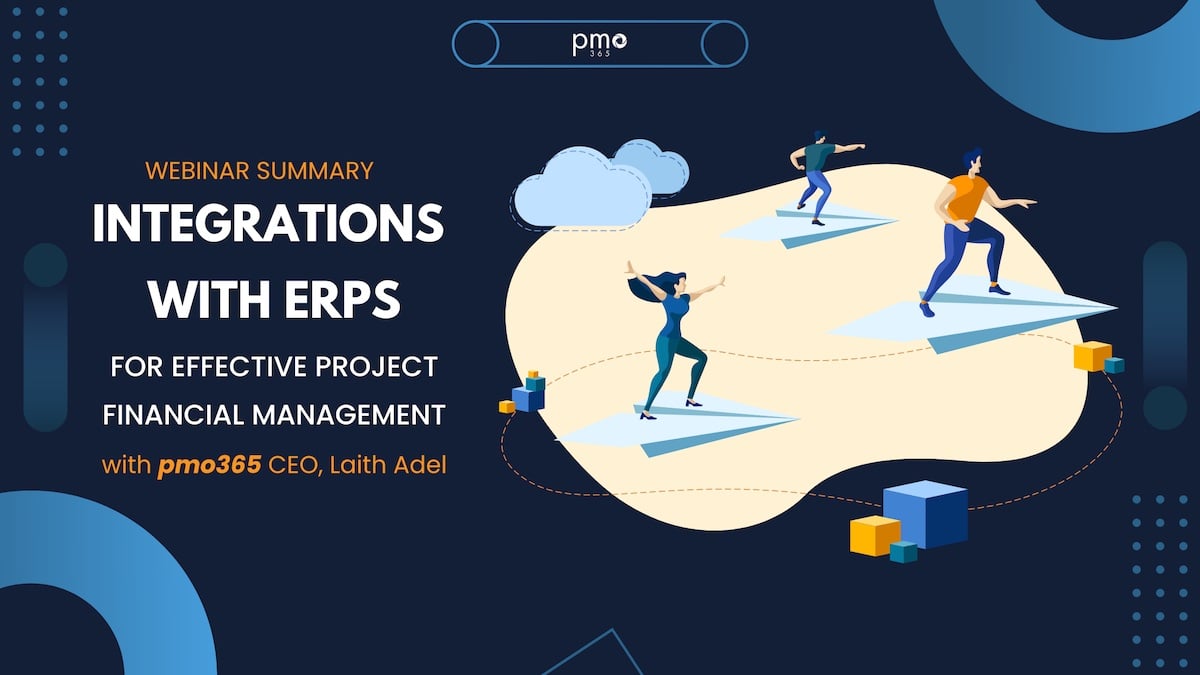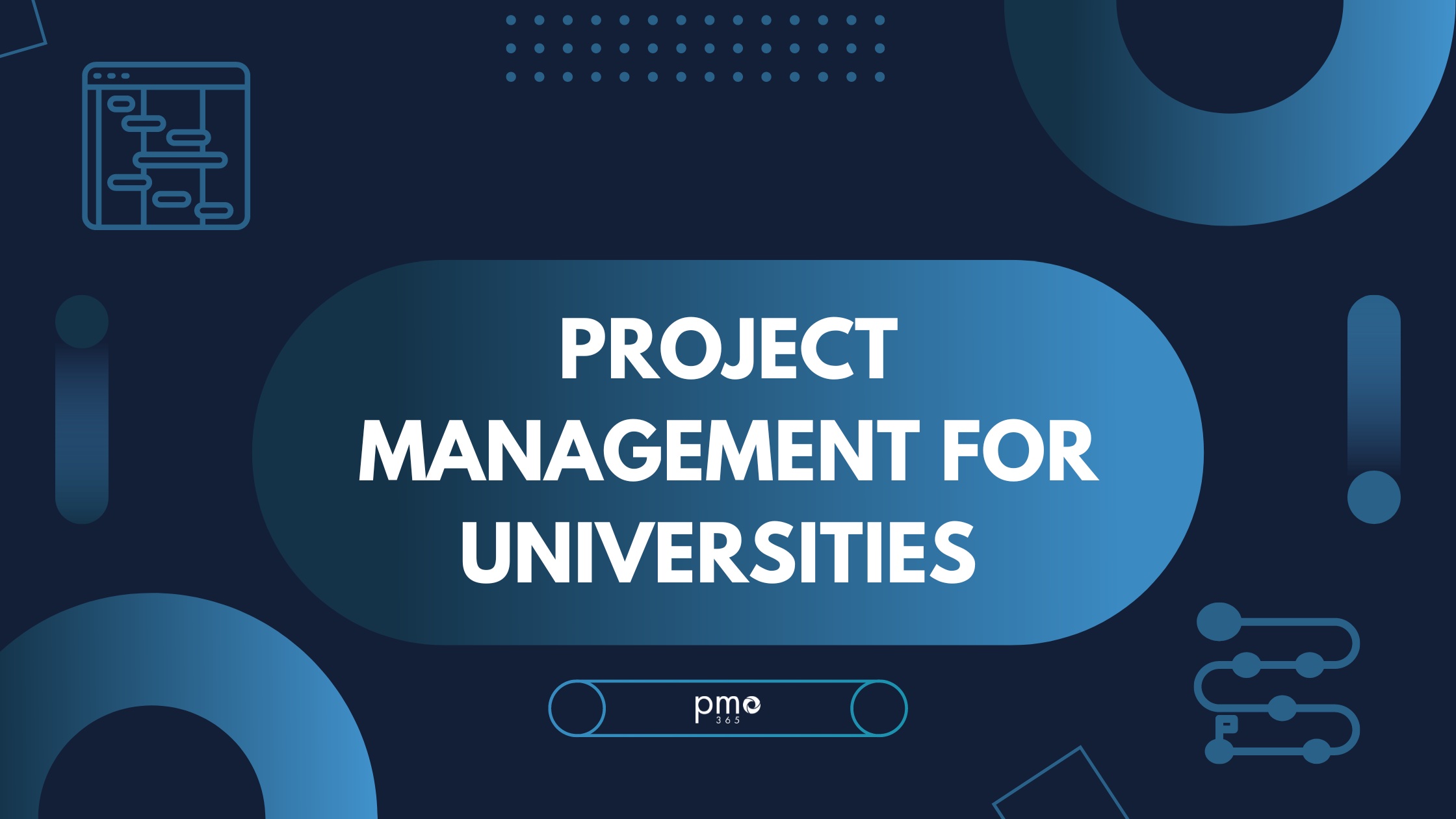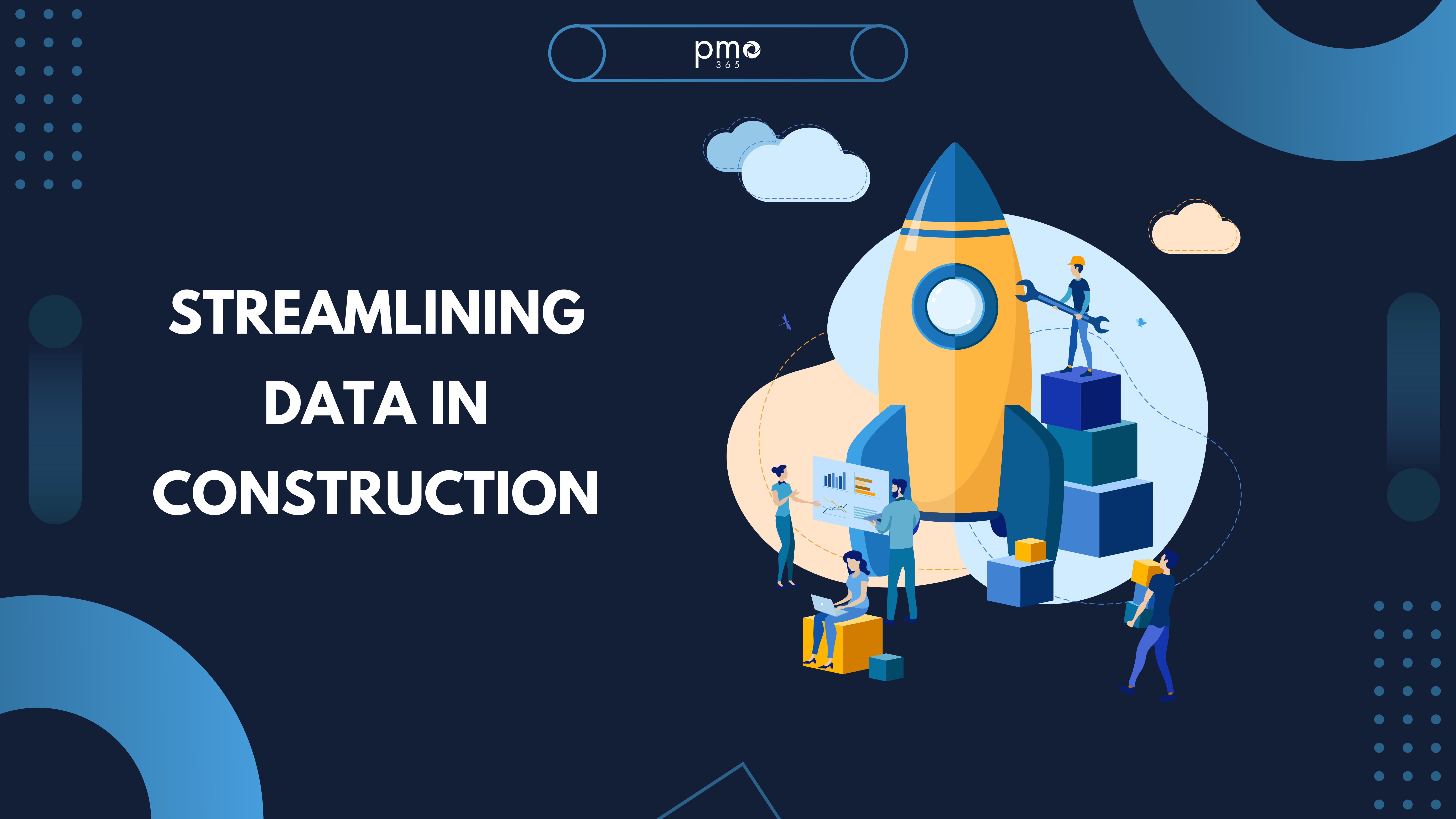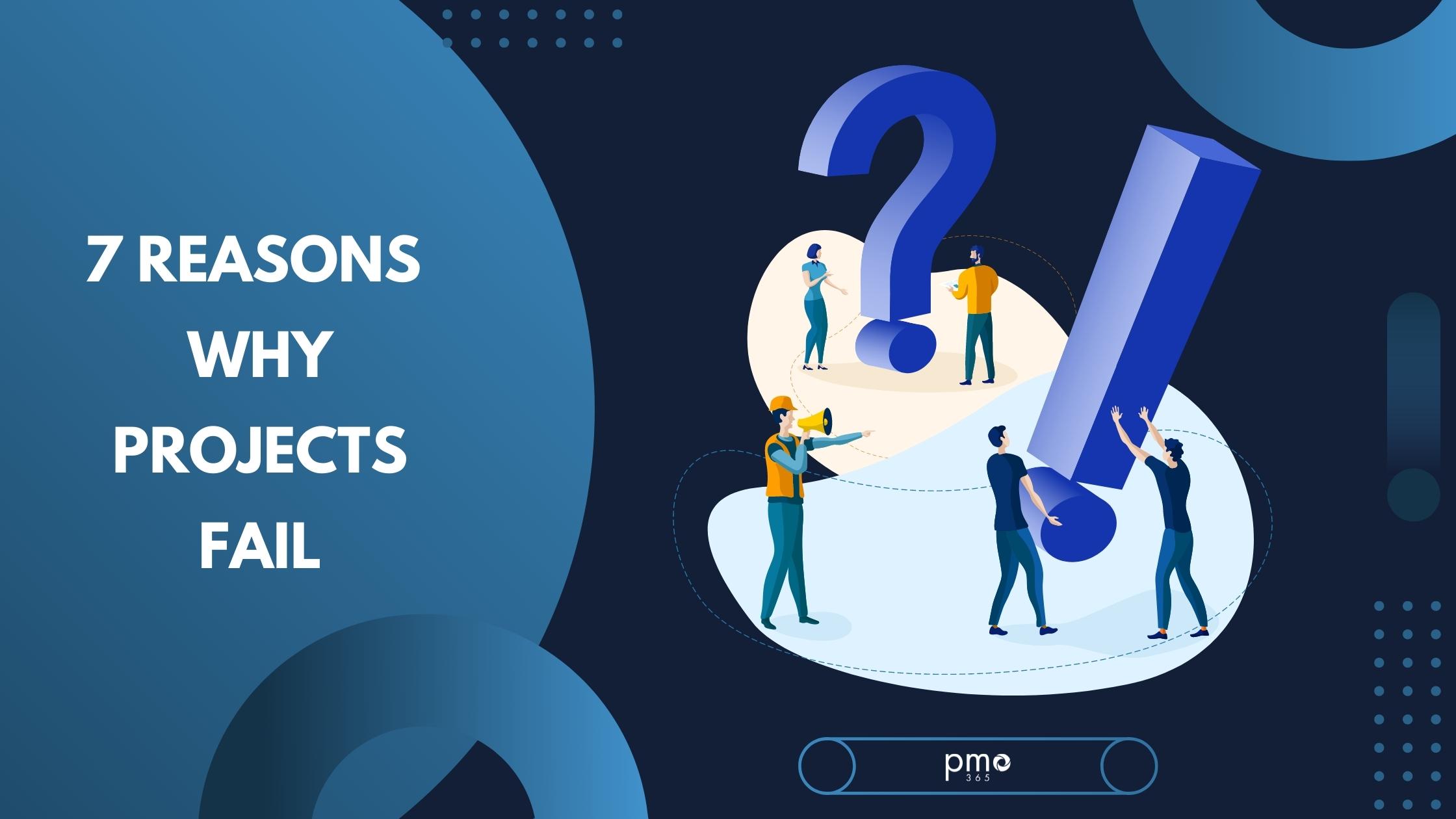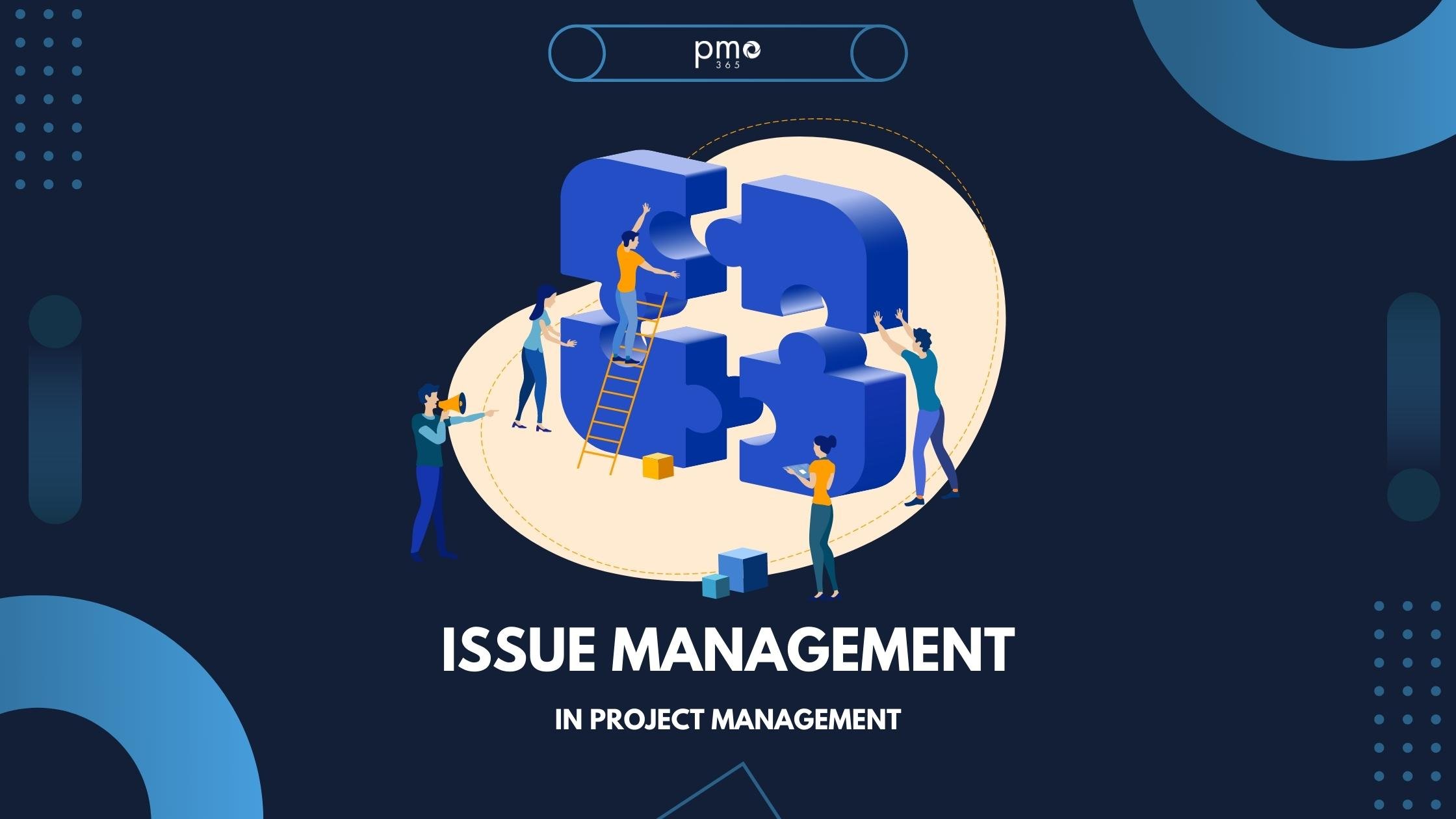In our dynamic project management landscape, Artificial Intelligence (AI) is an ever-evolving subject. As a result, it can be challenging to understand which AI technologies apply to project management. In this guide, we’ll explain the five distinct types of AI technologies that project managers are using. In addition, we’ll look at how you can harness their capabilities to enhance your project management activities.
What is Artificial Intelligence?
Gartner defines Artificial Intelligence as ‘advanced analysis and logic-based techniques, including machine learning, to interpret events, support and automate decisions, and take actions.’
While all AI fall under this definition, they have different forms. A key thing to remember, however, is that AI isn’t the “all-seeing” robots that it can be characterised as. In contrast, AI only uses strict logic and rules-based frameworks, designed by programmers. These frameworks can make processing complex situations and data difficult. While AI holds untold potential, its current effectiveness relies heavily on human input, thus limiting its capabilities to the framework upon which developers have built it.
Project Management and types of AI technologies
We will see drastic change in the project management sphere with the introduction and integration of AI. Early studies suggest that AI will conduct 80% of current project management activities by 2030. These statistics have often engendered reactions of either fear or excitement for project managers. However, the difference in these reactions often depends on how well you understand the genuine capabilities of AI.
The PMI report, AI Innovators: Cracking the Code on Project Performance gives us a valuable insight into the impact of the types of AI technology on project management. We’ve distilled that report down to this list of the top five types of AI technologies that will affect project management, and how they will do that.
AI for Project Management: Top 5 types of AI technologies
1. Machine Learning
Machine Learning analyses data to build models by detecting patterns. As a result, they have an improved decision making capabilities with minimal human intervention. As project managers, we all know how much data is generated and required by projects. Without AI, sorting and applying this data involves a significant amount of human effort and judgement. As machine learning continues to understand the human decision-making process, humans will have less involvement in ‘sorting’ data in project management. This will have considerable time and money savings for organisations.
2. Decision Management
Decision Management technologies create processes based on rules and logic, which then automates decision making. Good decision-making is central to successful project management. As a result, we expect AI with this capability to become frequently used by project managers. Decision management technologies are likely to work in conjunction with other technologies by reacting to triggers in input information. For example, a connected technology will input information around sensors, events, or time into the AI. The AI will then recognise this information as a trigger, and may suggest decisions to rectify the issue. Ultimately, this significantly reduces the workload of the project manager.
3. Knowledge-based systems
Knowledge-based systems (KBS) mimic human intelligence, skills, or behavior in a particular field, topic or skill. Most current systems cannot exceed the capability of humans, with the recent exception of IBM’s Deep Blue.
In project management, Knowledge-Based Systems would likely train themselves by gathering internal data. This data could concern communications, risk management, cost management and resource management processes. From here, the KBS can gain insight into the nature of the project or projects they are analysing. This insight allows for robust analysis, reducing error rates while creating considerable savings in labour.
4. Deep Learning
Deep learning uses neural networks to build, train, and test models. From those models, deep learning AI can predict outcomes based on probabilities. These neural networks are inspired by the human brain, so naturally, their capabilities are extensive. They consist of interconnected nodes which process input signals, thus generating results through their neural networks. Developers adjust the parameters built in this type of AI technology, thereby teaching the AI about the complex patterns within data. This processes continues to improve their accuracy.
Chief data officer at PMI, Mark Broome, suggests that “deep learning models will assist in predicting work effort activities, tracking project progress, and updating forecasts as the project progresses.” By utilising the power of these neural networks, project managers can both analyse and interpret copious amounts of data. This gives project managers a platform to make informed decisions from, and adapt approaches as needed.
5. Robotic Process Automation
Robotic Process Automation (RPA) might be viewed as the most logical use of AI in project management. RPA is a business process automation that deploys metaphorical ‘bots’ to complete tasks by following a defined set of instructions. These instructions are typically limited to frameworks built on ‘if, when, or else’ statements to complete tasks.
RPA is currently already taking over many menial administrative tasks of project managers from invoice approvals to reporting. This will significantly reduce the load of project managers, thereby giving them more time to spend on value-adding activities. At its current state, RPA has already impacted 21% of organisations, and is expected to impact 62% of organisations in the future.
What does AI in project management look like?
After discussing these types of AI, it’s becoming clearer how AI will impact project management. To learn how we are implementing AI in our PPM solution, pmo365, check out our blog on using AI in Project Management, how to prepare your PMO to use AI, or talk to our PPM experts!


